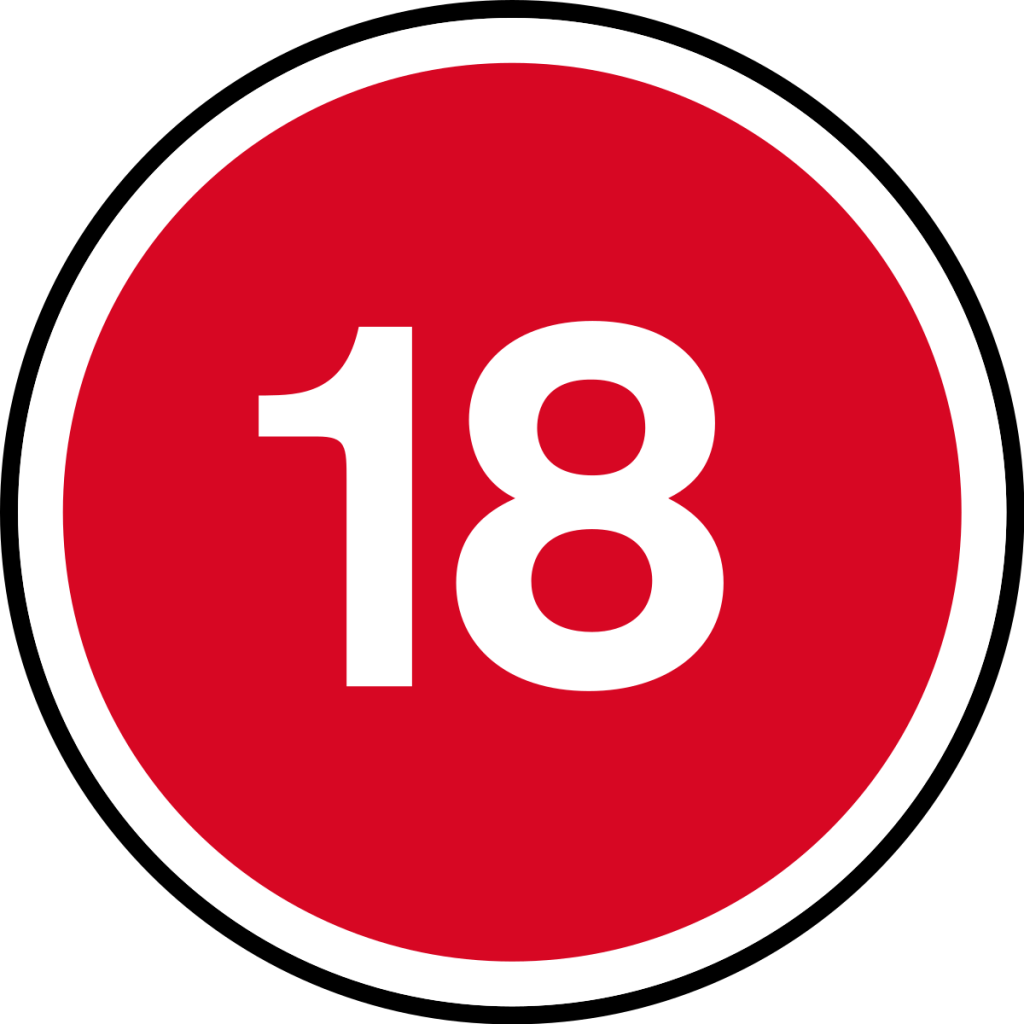Each-way betting is one of the most popular forms of online betting across the betting market! Not only is it popular with horse race fanatics, but each-way bets are seen as some of the best bets to place on other sports, too, such as greyhound racing and golf! An each-way bet is actually two bets placed together, with one of the bets being on the selection to win and the other being on the selection to place. Here at OddsMonkey, we have created a Each-way Calculator to ensure that users know exactly how much they can be returned, how the odds affect their bet, and why using an Each-way betting calculator can be handy for any bettor!
What Is An Each-way Calculator?
When placing bets each-way, there are effectively two chances of the bet paying out from the same selection, with one of the bets having predominantly higher odds compared to the other bet placed. This is because one of the bets is for the selection to win, and the other is for the selection to place.
For example, if we place an each-way bet on a horse race, we will actually place two bets with this horse to either win or finish in the place positions, which can change depending on how many horses are in the race. However, since there are two selections, this can make the maths confusing as there are different outcomes to how the race could end, meaning there are different amounts you could win or lose.
OddsMonkey is home to plenty of other calculators that can be used across a wide range of different betting events, such as our matched betting calculator and our double bet calculator.
How To Use The Each-way Calculator
In typical OddsMonkey fashion, our each-way calculator is extremely easy for anyone to use. All you need is your betting information, and you will be able to input the data into the calculator, and an instant result will appear!
All users will need is the stake, the place terms, the odds, and whether the race was affected by the Rule 4 deduction. If players aren’t sure how the Rule 4 deduction might affect their odds, we also have a Rule 4 Calculator available on site! When you have all of this information, enter it into the calculator to receive all of the relevant details, such as the total stake, the total return and the total profit.
Who Can Use The Each-way Calculator?
The each-way calculator is available for all users on the OddsMonkey site, similar to our other calculators and our matched betting blog, which are available to any bettors. However, each-way bets are only available for sports where competitors can place, meaning golf, and especially horse racing, are the target market for the each-way calculator. Players wanting to learn more about horse racing betting should check out OddsMonkey’s own horse racing betting guide on-site.
Why Use An Each-way Calculator?
As previously stated, each-way bets consist of two different bets, which means working out how much profit you get from one of them can be tricky. The each-way calculator ensures that bettors understand exactly how much profit they will make from different outcomes and exactly how much they are risking.
One important aspect of each-way betting is that whatever stake you place will be doubled automatically as you are actually placing two bets. This is shown and reflected in the OddsMonkey calculator, meaning players can see what they are risking every time they place an each-way bet.
Finally, the calculator is useful for anyone planning to place bets each-way, as players are able to change the stake, odds and the result. This means bettors are able to check how the odds affect the bet, how different stakes would be awarded if successful and what would happen after different results. If players are still unsure of how exactly an each-way bet works, make sure to check out the blog for our each-way betting explanation.
Use The Each-way Calculator At OddsMonkey
The each-way calculator at OddsMonkey is a perfect example of what OddsMonkey has to offer, with a wide range of calculators available that not only let you test out different outcomes but will enhance your betting experience. For example, if you are a player who enjoys placing multiple selections, make sure to use our accumulator betting calculator in your next wager. The each-way betting calculator is available to use in future sports betting wagers right now!
OddsMonkey is the best place to learn about matched betting, with our extensive range of tools being incredibly useful to new and experienced matched bettors! Make sure to check out all of our matched betting guides, such as our football-matched betting guide, to find out how you can implement this betting strategy in your future stakes!




